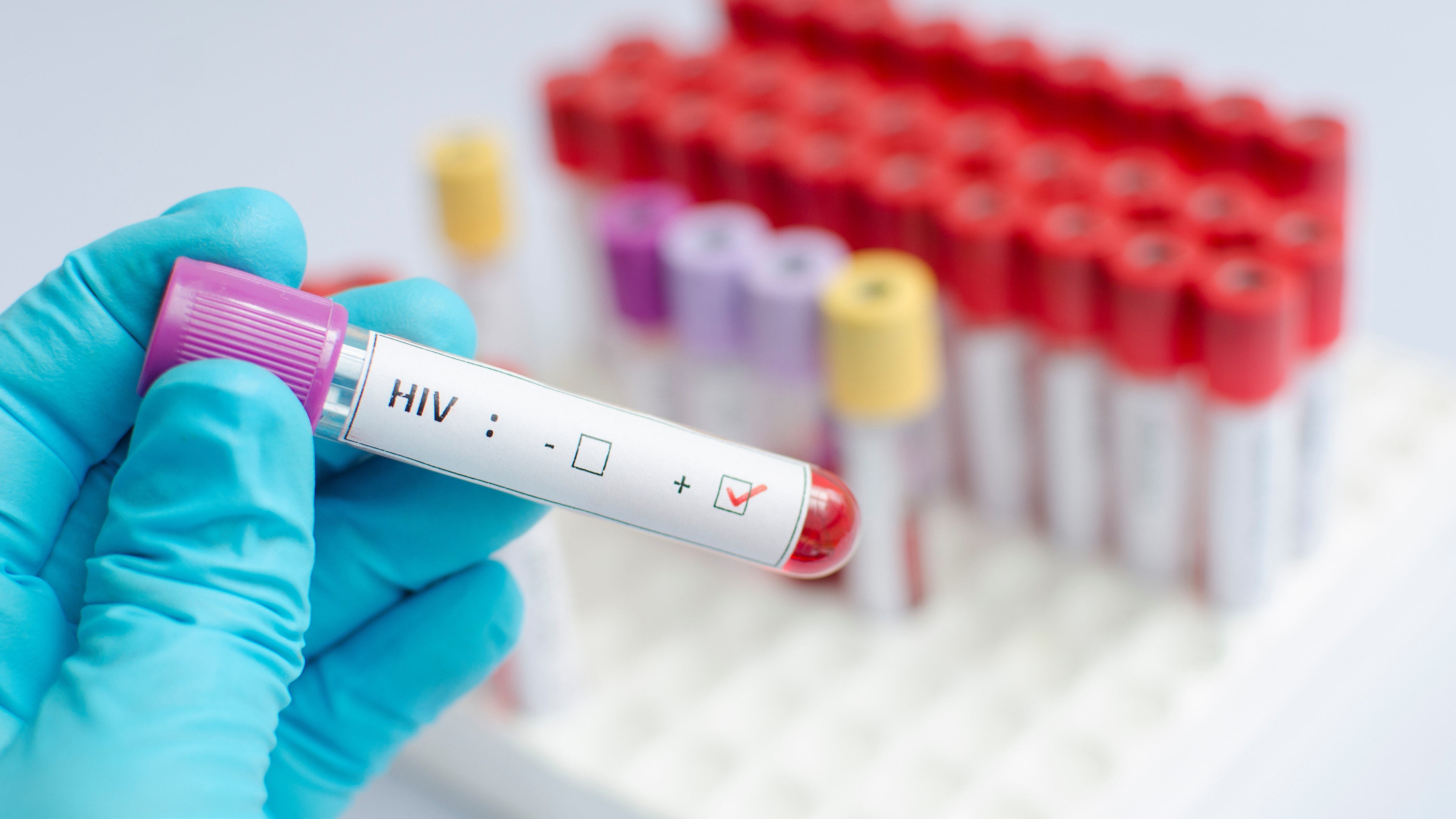预约演示
GSK drops one of 2 maturation inhibitors in HIV pipeline
2023-04-26
临床结果临床2期上市批准临床1期

Preview
来源: FierceBiotech
GSK made the decision that its candidate was not differentiated enough in the daily oral HIV market.
GSK’s weighty HIV pipeline just got slightly lighter as the British Big Pharma decided not to progress a once-promising candidate into late-stage trials.
The asset in question, dubbed GSK3640254, was a so-called maturation inhibitor, a type of antiretroviral medicine designed to prevent the HIV replication process by blocking key enzyme activity and causing the formation of immature virus particles. The candidate had demonstrated antiviral activity, safety and tolerability in a phase 2a study back in 2021, but the anticipated phase 2b findings never appeared.
The move to cull GSK3640254 was revealed in a presentation (PDF) to coincide with GSK’s first-quarter earnings results this morning.
The company made the decision that the candidate was not differentiated enough in the daily oral HIV market, Fierce Biotech has learned. Another limit on the drug’s potential effectiveness was its food effect, a term for the reduced effectiveness of certain drugs if taken soon after a meal.
All of GSK’s HIV assets are developed by ViiV Healthcare, its HIV unit that also lists Pfizer and Shionogi as shareholders. ViiV spoke positively about GSK3640254 back in 2021, describing phase 2a results as demonstrating the unit’s “commitment to researching and developing a broad range of innovative approaches to treating HIV.”
“Because there are no treatments available that target this specific stage of the HIV life cycle, maturation inhibitors may help meet a critical need, particularly for individuals who are treatment-experienced,” ViiV head of R&D Kimberly Smith, M.D., said at the time.
Still, Fierce Biotech understands that removing the candidate is not expected to have any wider impact on GSK’s HIV pipeline, which still includes a maturation inhibitor in the form of VH3739937, currently in phase 1. It’s joined by the HIV capsid protein inhibitors VH4004280HIV capsid protein inhibitors VH4004280 and VH4011499 as well as the HIV integrase inhibitor VH4524184HIV integrase inhibitor VH4524184. GSK also lists one HIV drug in phase 2 development: the broadly neutralizing antibody VH3810109, which showed promise in a midstage trial in October.
GSK and ViiV can point to other recent successes on the HIV front, with Cabenuva, a combination of the approved drugs cabotegravir and rilpivirine that is administered monthly or every other month, approved in 2021.
更多内容,请访问原始网站
文中所述内容并不反映新药情报库及其所属公司任何意见及观点,如有版权侵扰或错误之处,请及时联系我们,我们会在24小时内配合处理。
适应症
-来和芽仔聊天吧
立即开始免费试用!
智慧芽新药情报库是智慧芽专为生命科学人士构建的基于AI的创新药情报平台,助您全方位提升您的研发与决策效率。
立即开始数据试用!
智慧芽新药库数据也通过智慧芽数据服务平台,以API或者数据包形式对外开放,助您更加充分利用智慧芽新药情报信息。





